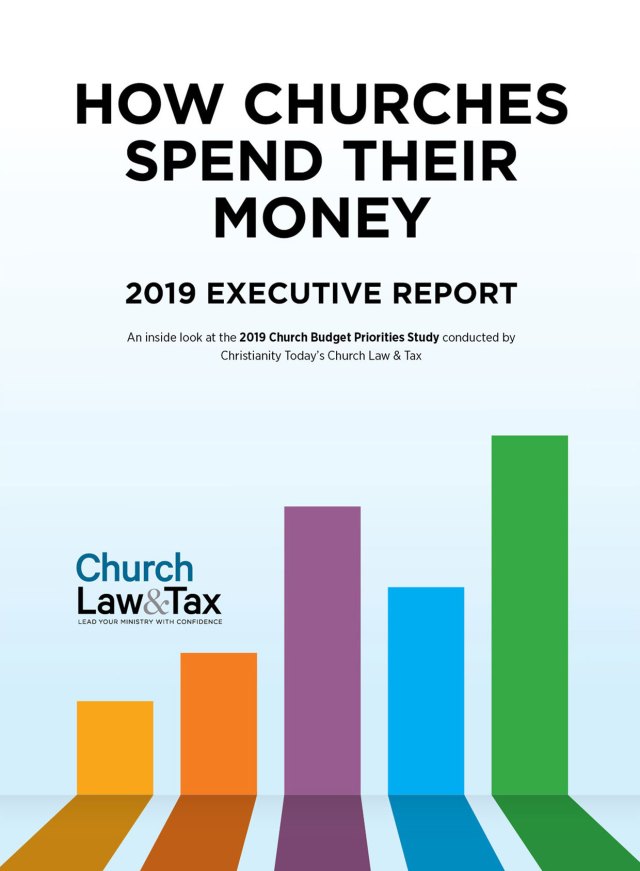Many churches have adopted life insurance and retirement plans requiring employees to designate beneficiaries in the event of their death. What if an employee is divorced, and the insurance or retirement plan still lists a former spouse as beneficiary at the time of the employee's death?
Must the insurance proceeds or retirement benefits be paid to the former spouse instead of the deceased employee's children or heirs?
The United States Supreme Court addressed this issue in a recent case, ruling that a divorced wife was entitled to all of the benefits payable under a life insurance policy and pension plan maintained by her former husband's employer because she was still listed as the beneficiary at the time of his death.
What this means for churches
This case illustrates an important point. Churches that maintain life insurance or retirement plans should ask employees to periodically review their beneficiary designations to be sure that benefits are paid to the desired person or persons.
Egelhoff v. Egelhoff, ___ U.S. ___ (2001)




